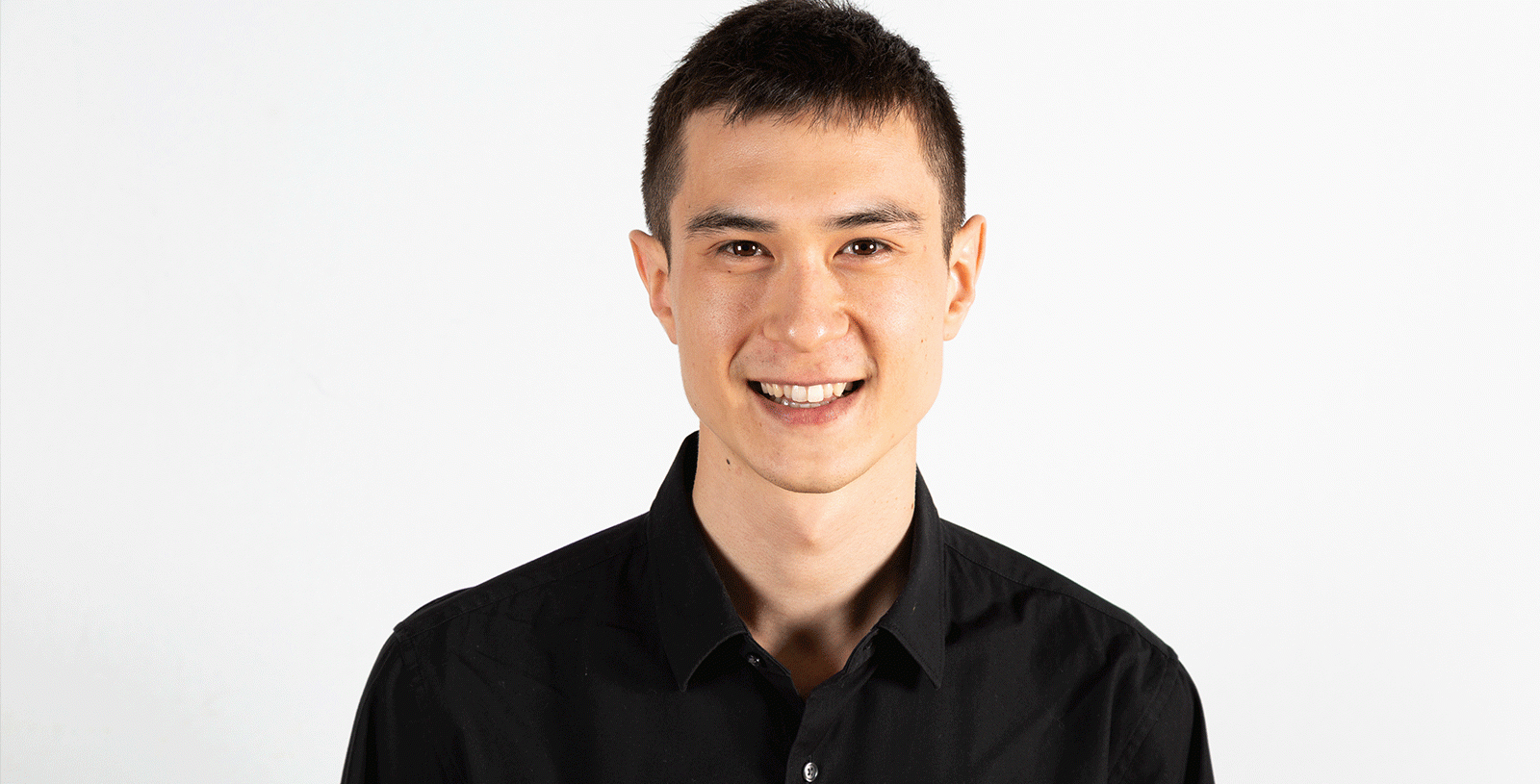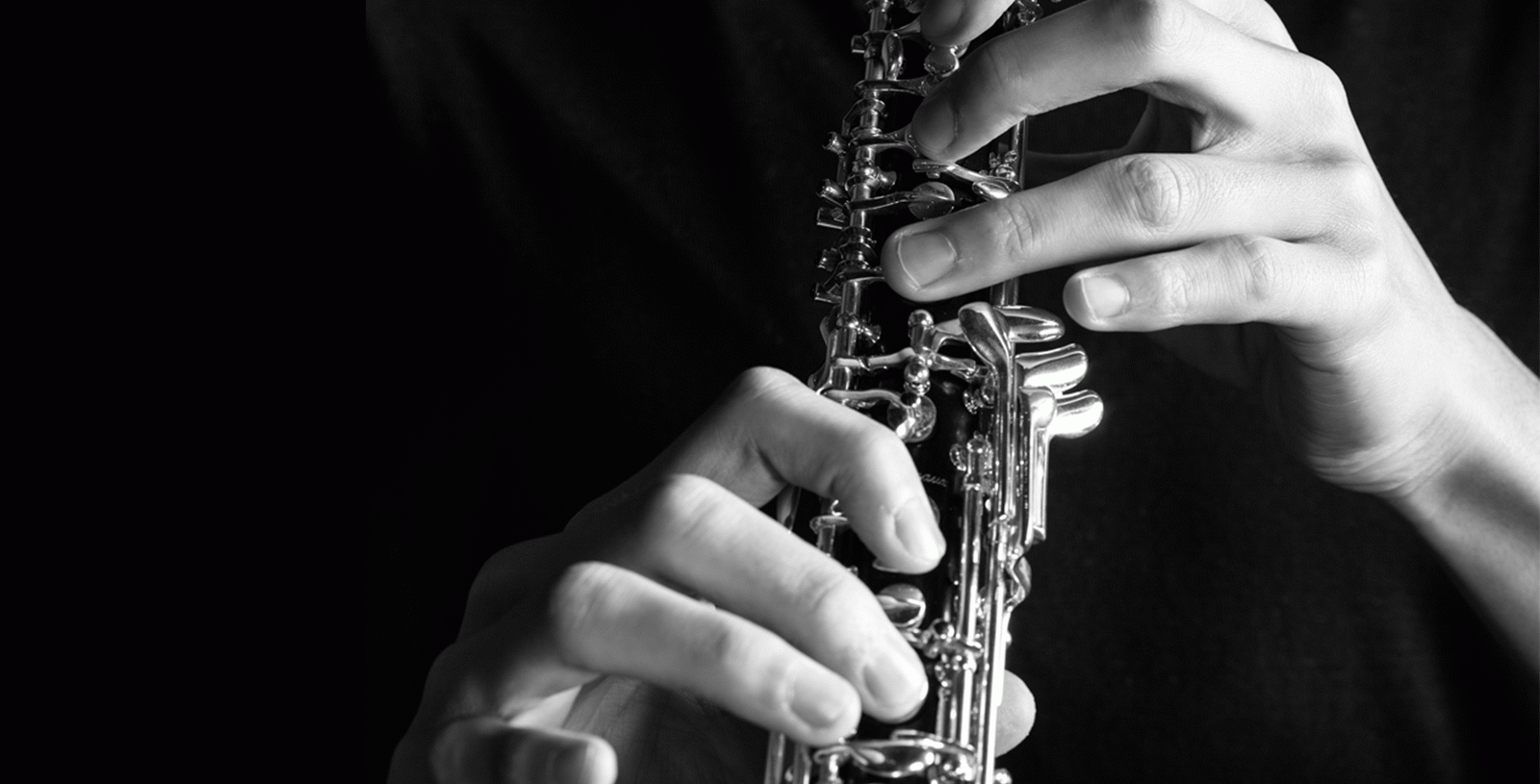Words by
Noah Rudd (NZ) oboe
I write this from my home in Auckland, New Zealand. Following the announcement that ANAM would close due to the COVID-19 pandemic, I made the decision to be with my family. Our Prime Minister Jacinda Ardern recently described New Zealand as having “a very large moat”. To be a small country far away from the rest of the world seems to be a blessing. From my bubble in New Zealand, I have had a chance to reflect on what has shaped me as a New Zealand musician.

We are small
Being a small country is a fact for New Zealand. To put it in perspective, we are about the same size as the state of Victoria, both in terms of land and population. This has allowed us to do things other countries have not, from being the first country to give women the vote to leading the world in nuclear disarmament.
When I started my undergraduate degree, I was one of only two oboists studying at tertiary level in New Zealand. On one hand, I feel I missed out on a sense of competition with peers, but on the other hand I had the benefit of many opportunities. I played in the Auckland Youth Orchestra and NZSO National Youth Orchestra as well as many community groups. I was also lucky enough to play with both of the professional orchestras in the country, Auckland Philharmonia Orchestra and New Zealand Symphony Orchestra. Playing with musicians who are better than you places demands on your playing; it pushes you to reach for a higher standard, but perhaps most importantly it inspires you to want it even more.
We are multicultural
New Zealand is proud to be a multicultural nation - from the indigenous Māori people who founded Aotearoa in the 14th century to our neighbours in the Pacific Islands, the European settlers looking for a better life, to the Chinese who came as part of the gold rush. Unlike places such as Vienna which have the lineage of Haydn, Mozart and Beethoven, music was brought to New Zealand in many different forms.
In terms of Western Classical music, Douglas Lilburn is often described as “the grandfather of New Zealand music”. Although he originally studied journalism at Canterbury University College, he went on to study composition at the Royal College of Music, London with the esteemed composer Ralph Vaughan Williams. Naturally, there are pastoral elements which are synonymous with English music in Lilburn’s writing, but he wanted to apply this to the New Zealand setting. Overture: Aotearoa is one of the three works which centre around this theme of national identity.
Nowadays, there are a multitude of talented composers (too many to list here), each with their own aesthetic and focus. Composers such as Gillian Whitehead and Rob Thorne have synthesised Maori instruments known as taonga pūoro into their writing. Gareth Farr’s From the Depths Sound the Great Sea Gongs and Salina Fisher’s Rainphase look to our environment for inspiration. Ross Harris has delved into the ravages of war and I recently played in the New Zealand premiere of Clarion by Eve de Castro-Robinson which was a warning to us of our need to act in the current climate emergency.
I have also had the privilege of performing the world premiere of Anthony Ritchie’s Cartoon: Fantasy for Oboe and Orchestra at the Auckland Town Hall and then the European premiere at the Konzerthaus in Berlin. It is one thing to perform in front of your friends and family, but another to travel halfway across the world and play in the heart of Europe. It was very special to be able to share music from my own country with what is arguably the spiritual home of classical music. I hope that more New Zealand music can be composed, performed and recorded for the world to hear.

We are outward looking
Okay, maybe not so much now that the borders are closed, but as a small country tucked away in the bottom corner of the map, it is so important to go overseas and experience the world. It is a part of the national psyche that as a young person you will travel abroad to expand your horizons. Like Lilburn, many people have gone overseas to study and work and return with their knowledge and inspiration.
I am on that journey now. Despite the disruption of COVID-19, I am excited to be in my second year at the Australian National Academy of Music (ANAM). My first year was a lot of new things - a new city, a new country even, a new teacher and new colleagues - but it was an important step to open up my horizons. It is my jump from a small pond into a bigger one. I remember my first rehearsal playing with the ANAM orchestra, playing Stravinsky’s Symphonies of Wind Instruments, I literally thought “wow!”. It is a unique program which constantly surrounds you with inspiration from your fellow musicians as well as the best artists from around the world.
Just as I come with a background from New Zealand, each and every musician has their own influences. It is fascinating to see how everyone approaches music and what they prioritise. Certainly my musical aesthetic has developed as I have been surrounded by new stimuli and been made to push the boundaries of what I can achieve.
Let’s celebrate local
One of our jobs as musicians is to play, advocate and create a demand for new music. New music has the capacity to extend the expectations and capabilities of instrumentalists. As an oboist, I can only imagine if we had concertos from composers such as Beethoven, Sibelius or Tchaikovsky. We must not let the opportunity pass us by to collaborate with the great composers of our time.
As we emerge from this pandemic, life won’t resume as usual straight away. There will be less people flying around and therefore it will be more important than ever to support local, including our local musicians and composers. Let's use this as a catalyst to reprioritise new music by local composers once again!
While we stay in our bubbles, I am grateful to be a part of ANAM. I am excited to see what the ANAM Online program will look like when we start on April 20. I would like to send my love to the whole ANAM family: my fellow musicians, staff and faculty, audience and supporters. I hope you are all keeping well and look forward to seeing you all again - whenever that may be!
Find out more about New Zealand music:
Noah Rudd is an oboist, born and raised in New Zealand. Now active as a soloist, chamber musician and orchestral performer, he was rather a late bloomer to the 'play a musical instrument' scene. Despite dabbling in a number of instruments, it wasn't until he turned nine that he decided on the oboe and began learning with Alison Jepson – a decision that directed his musical journey.
Noah Rudd’s Musician Beneficiary Support generously provided by ANAMsyndicate – Helen and Bernard Jordan, Cynthia and David O'Keefe, Noeline Sandblom, Daniel and Frances Wallace, Rowan Streiff, Christina and Terry Hart
Photo by Pia Johnson